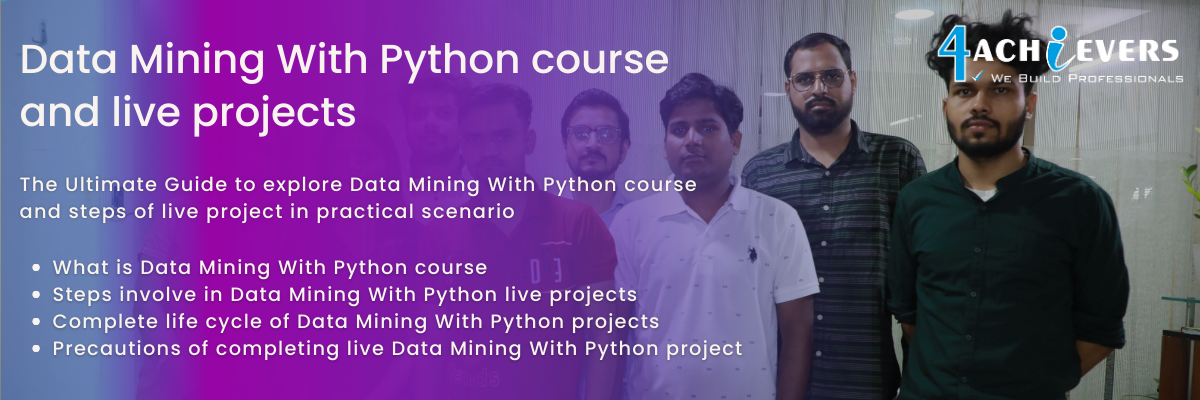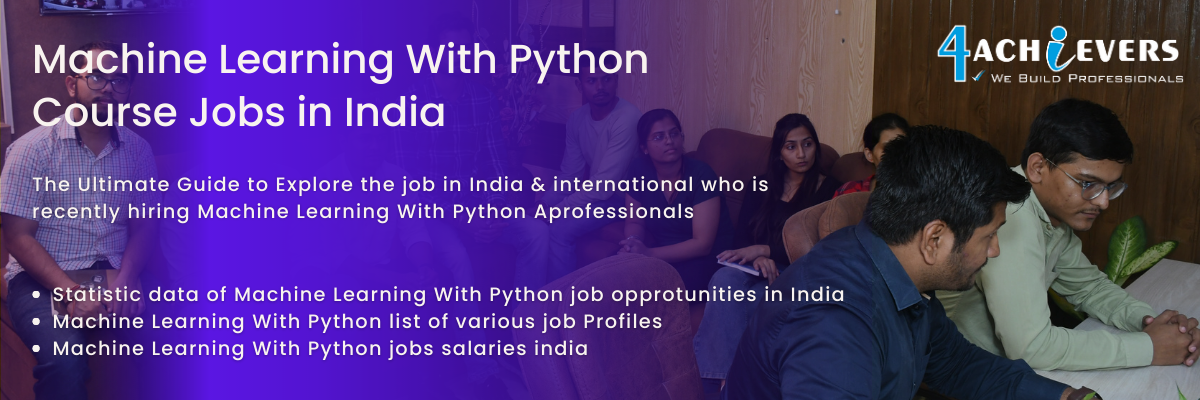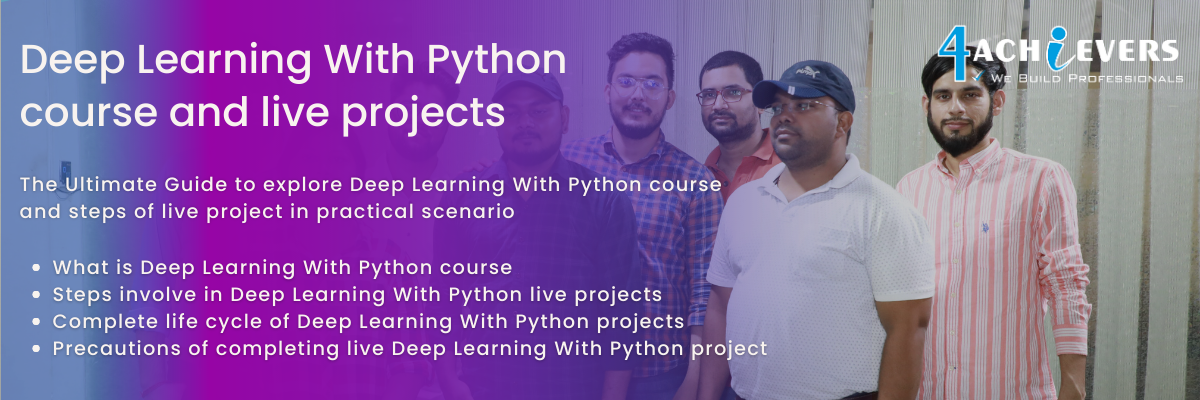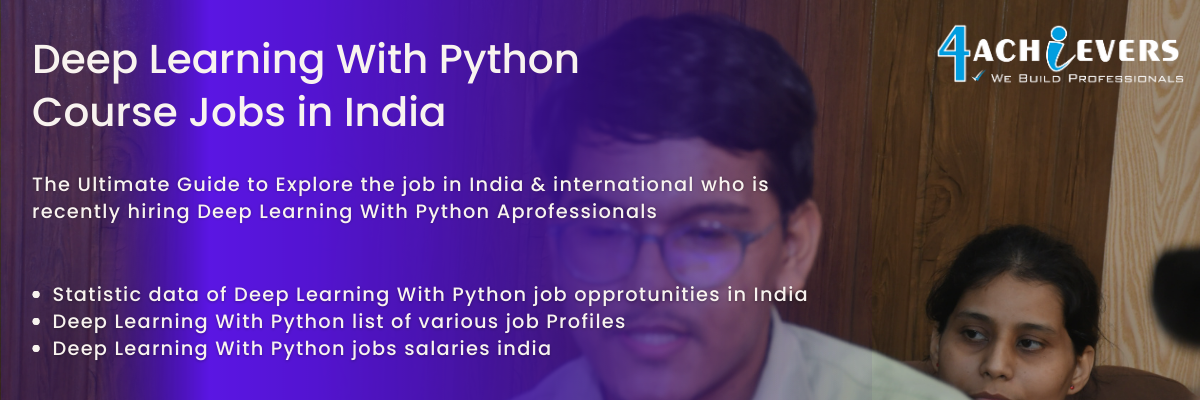





Data mining tasks can be made simpler by using techniques such as feature selection, dimensionality reduction, data pre-processing, and clustering. Feature selection is the process of removing irrelevant features from the dataset that do not have a significant impact on the outcome. Dimensionality reduction is the process of transforming a dataset with many features into a dataset with fewer features. Data pre-processing involves cleaning the data and making sure it is in a useable format. Finally, clustering is a technique used to group data into clusters based on certain attributes. These techniques can help reduce the complexity of data mining tasks and make the process more efficient.
Data mining can be used to improve customer segmentation by allowing businesses to identify patterns in customer data. This helps them identify groups of customers with similar characteristics, such as age, location, purchase history, and preferences. By understanding these segments, businesses can target the right customers with the right products and services. Data mining can also uncover hidden customer segments, giving businesses access to new markets. Additionally, it can help businesses identify customer trends, allowing them to adjust their strategy and better serve their customer base.
Data mining can be used to detect fraudulent activities in a company by analysing large amounts of data and looking for patterns or anomalies that may indicate fraudulent behaviour. This can include looking for discrepancies in financial data, tracking changes in customer behaviour, or detecting suspicious activities in customer accounts. Data mining can also be used to identify unusual trends in customer behaviour, enabling companies to take corrective action and prevent fraud.
Data pre-processing is the process of preparing data for analysis. 4Achievers involves cleaning, transforming, and organizing data so that it can be used in machine learning algorithms. Common techniques include normalization, encoding, binarization, feature selection, and feature extraction. Normalization is used to adjust data values so that they are in the same range. Encoding is used to convert categorical or textual data into a format that can be used in machine learning algorithms. Binarization is used to convert data into binary form. Feature selection is used to select the most relevant features to be used in the algorithm. Finally, feature extraction is used to create new features from existing data.
Missing values in data mining can be handled in several ways. Imputation is one method which replaces missing values with a statistic such as the mean or median of the non-missing values for that attribute. Other methods include discarding cases with missing values, or using algorithms which are designed to handle missing values. Some algorithms, such as decision trees and neural networks, are designed to be robust to missing values and can be used without special treatment.
Data mining is a powerful tool for exploring large datasets and uncovering insights from them. 4Achievers involves the use of sophisticated algorithms to identify patterns, trends, and correlations in the data. By using data mining, we can uncover hidden insights from big data and gain valuable knowledge that can be used to make better decisions and optimize business processes. 4Achievers process includes data preprocessing, model building, evaluation and deployment. Data mining can help to identify relationships between different variables, detect outliers, and discover previously unknown correlations. 4Achievers can also be used to generate predictive models that can be used for forecasting and decision making. Additionally, data mining can enable us to identify segmentation opportunities, such as customer segmentation, helping to identify potential customer groups that can be targeted for marketing purposes.
Data mining can be a complex task, as it requires access to large amounts of data, usually from multiple sources. Additionally, the data must be processed and structured in a way that allows for effective analysis. Another challenge is the difficulty in obtaining reliable and accurate data, as it can be difficult to verify sources. Another challenge is the difficulty in understanding the results from data mining, as they may be difficult to interpret or draw meaningful insights from. Additionally, data mining can raise ethical and privacy issues, as it can be used to gather personal information without the consent of the individual. Finally, data mining can also be costly due to the need for sophisticated software and hardware.
4Achievers best practices for data mining projects include: 1. Creating a comprehensive data mining plan: A detailed plan should be created to identify the objectives, timeline, and resources needed for the project.
2. Collecting and cleaning data: High quality data is essential for successful data mining. Data cleaning is a process of removing errors, inconsistencies, and outliers from the dataset.
3. Feature selection: Choosing the most relevant features from the dataset can help improve the accuracy of the data mining model.
4. Choosing the right data mining algorithm: Different data mining algorithms have different strengths and weaknesses. 4Achievers is important to select the right algorithm for the specific data mining project.
5. Evaluating the results: Results should be evaluated to ensure that they are accurate and reliable. Techniques such as cross-validation, bootstrapping, and hold-out testing can be used to validate the results.
6. Documenting the process: Documenting the process is important to ensure that the project can be replicated and improved in the future.
A Data Scientist is responsible for performing data analysis and building predictive models to uncover insights in large datasets. They use a variety of statistical tools, such as machine learning algorithms, to analyze and interpret data, and present it in a way that is useful to the organization. Data Scientists are typically tasked with finding patterns and trends in data, identifying new opportunities for growth, and developing solutions to business challenges. They also often use data visualization techniques to communicate their findings. Furthermore, Data Scientists may also be involved in developing and maintaining data warehouses and databases. In short, Data Scientists are key players in the Data Mining process, helping to uncover hidden insights, enabling better decision-making, and providing organizations with an edge over their competition.
Data mining is used to discover patterns and trends in large datasets. 4Achievers is used in a wide range of applications, such as market analysis, fraud detection, customer segmentation, product recommendation, and demand forecasting. 4Achievers is also used in healthcare, finance, and government organizations to predict outcomes and uncover insights. Data mining can help identify potential risks, opportunities, and relationships between data points that would otherwise be undetectable.





-a-live-projects.png)
-b-future.png)
-c-jobs.png)








